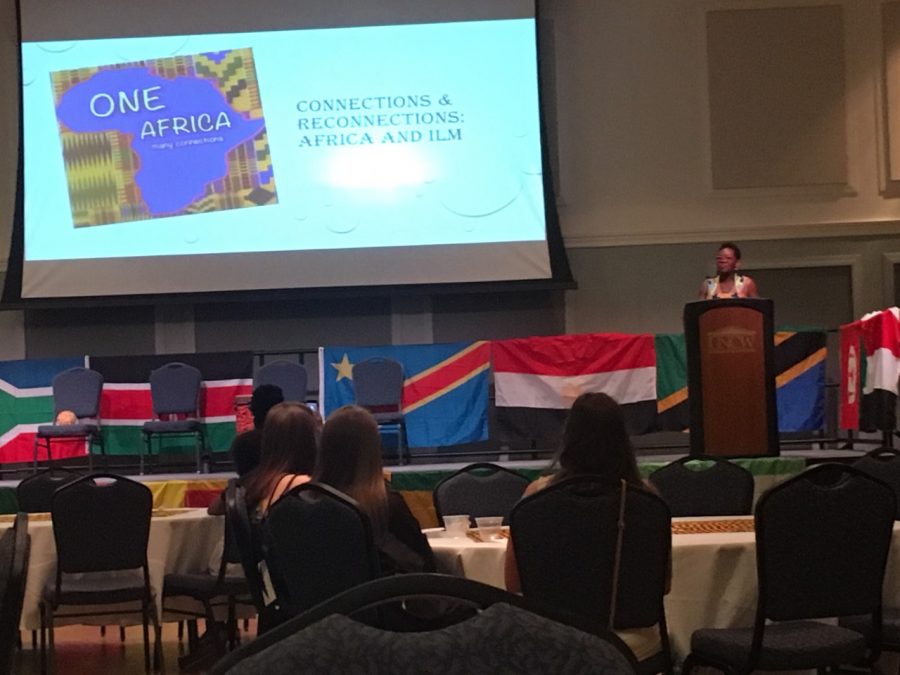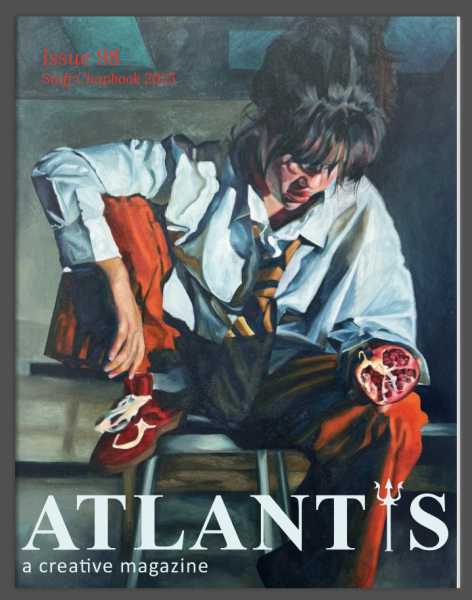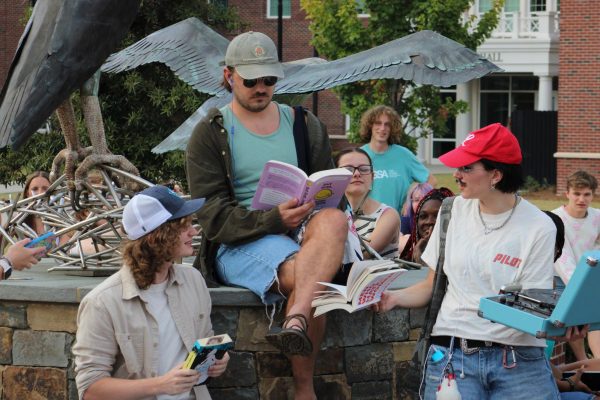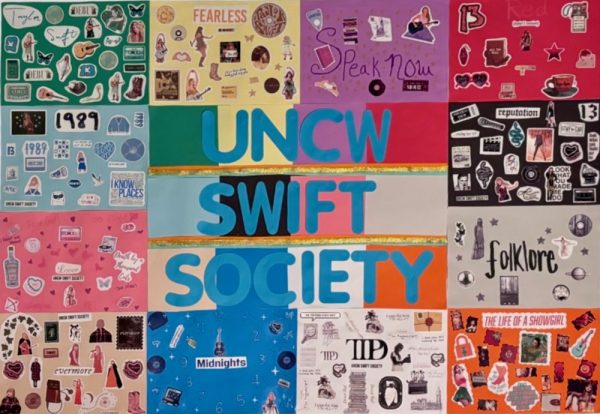‘One Africa: Many Connections’ event encourages cultural appreciation and aid for Africa
Dr. Nana-Akua Amponsah, UNCW history professor and keynote speaker of “One Africa: Many Connections”
UNC Wilmington’s Black Student Union, study abroad students, and several other organizations hosted One Africa: Many Connections Sunday afternoon to highlight connections between Africa and UNCW, as well as the larger Wilmington community. The event took place Sunday afternoon at the Burney Center and included African-inspired music, food, dances, and discussions of interconnections of Africa and Wilmington.
The event included keynote speaker Dr. Nana-Akua Amponsah, a history professor at UNCW and a native of Ghana. Amponash gave a brief history of the transatlantic slave trade, noting that most enslaved Africans ended up in the Caribbean and Brazil. About four percent were brought to the United States. Many of them ended up in Georgia and North Carolina.
Amponash spoke of the “community legacy” of enslaved people at UNCW. Currently, there are about ten UNCW students from Africa, and around two being exchange students. She also pointed to faculty research on Africa, study abroad trips to countries like Tanzania, and the Africana studies minor.
While the African population at UNCW is relatively small, there are more Africans living in the greater Wilmington area. Many people are refugees from the Republic of Cameroon escaping political conflict in Cameroon.
Amponash highlighted organizations helping with African refugees and African natives in their home countries. For example, the Interfaith Refugee Ministry is a local church helps with financial assistance, academic tutoring, and other areas where help is needed.
Other organizations include the Full Belly Project, which designs sustainable technology to help improve the livelihood of people in various countries; the Swahili Coast, which sells hand-made accessories from Eastern Africa and distribute the funds to the makers; Global Artisans ILM, an Etsy shop that sells items made by refugees; and the regional United Nations Association of the United States of America, an organization supporting the United Nations’ mission to international peace.
Amponash encouraged the audience to help assist Africans living across the world, but also stressed that people should look to give to organizations that are directly serving the community by working with people.
“Monetary donations often don’t end up going to the places organizations claim they do,” Amponash said. “Direct service is more beneficial because you know that you are helping someone.”











